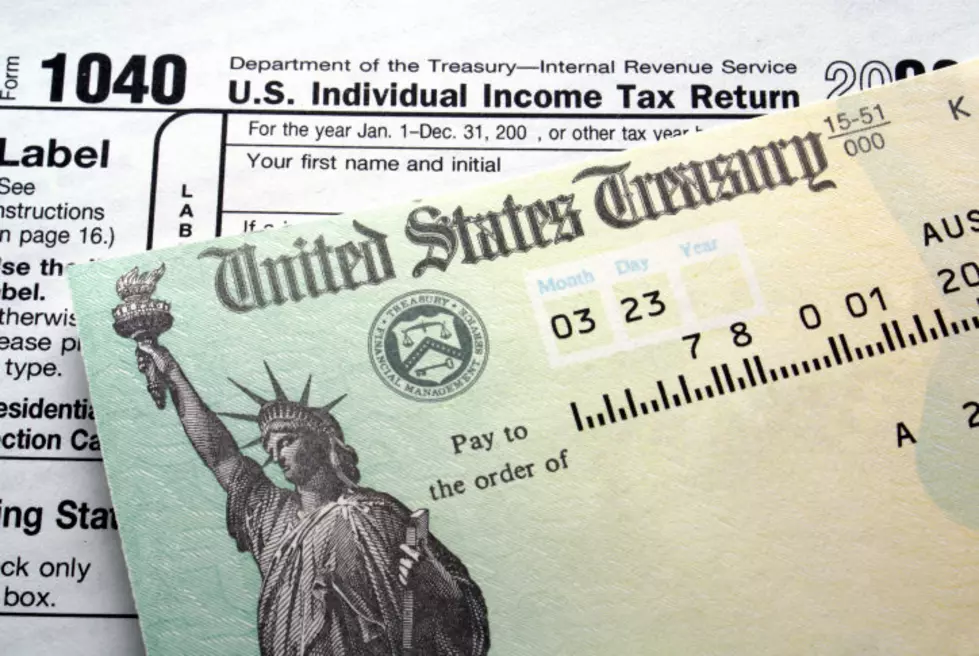
What Are Biometrics & Why Would the IRS Want That?
You know what biometrics are, but you might not think of it when you hear or see the word. Biometrics are the unique things about each individual that make us unique. Biometrics are things like the following:
- Fingerprints are unique to you
- Voiceprints, how you sound when you speak
- The shape of your face or facial geometry recognition
- Retina recognition
- Iris recognition
You've probably seen some of these things being used in real life, or mostly maybe in movies. For example, in one of my favorite movies "Red" when Bruce Willis is impersonating a general to access files in a government building he has to let the elevator scan his eye before he can use the lift. I can't tell you how much my husband and I adored this movie. Red 2 was also a hoot. Do yourself a favor, if you haven't seen it, watch it.
One of the biggest questions is, if government agencies start requiring this to access benefits or get talk returns, then how safe is our information? That is one of the big issues for Louisiana U.S. Senator John Kennedy and U.S. Senator Rick Scott of Florida. They have teamed up to present the Ban IRS Biometrics Act. According to the Krebsonsecurity website, the IRS reversed themselves this week and they will NOT require biometric information in order for people to use their website.
Now, if you have an iPhone, you are already using biometrics. When you use the button at the bottom of the phone to get into the phone, you are using your fingerprint. Many of the newer model phones (which I don't have) have facial recognition to unlock your phone. I guess it becomes a question of what we want the government to have.
Senator Kennedy had this to say about their Act,
Washington has no right to require Americans to upload facial or other biometric scans to the government. The IRS has a track record of targeting law-abiding citizens, and Americans have little confidence that the IRS will protect their information. I'm thankful to partner with Senator Scott to safeguard the privacy of U.S. citizens against Big Brother's intrusion.
You can click here if you would like to read the Act.
Is it a security issue? Do you worry the government will not be able to safeguard your biometric information? Is it simply a matter of time before our biometrics will be used for access to everything? Are we simply not ready for this step yet?
In an effort to impact safety effectiveness, the TSA has a program that is voluntary. You can click here to read about the four objectives of the voluntary program. And yes there is even a section about myths about what they are doing with the information now and how it will be used in the future.
Even the ACLU has published information about their problems with the program idea at the IRS saying it's flawed. They site three core reasons, and one of them really hits home: pictures can be notoriously unreliable.
But, the future is heading there with consumer products. Think about Caleb Morse from the Rustic Renegade. For years he has spoken with us about guns that are made to only be used by an individual; it would only work on your trigger print/palm print.
However, should we have to turn all of this personal information about our bodies to the government? It's one thing when you want a product like a gun or iPhone, you choose those things. Should we have to give up this information to access governmental websites and services? In the end for me, I understand progress, but I want to be able to make the choice for myself about whether or not I give up information about myself to the government.
Bucket List College Football Stadiums
Top 10 Best Places To Retire (According to Wallethub)
Iconic Theme Songs That Have Stood the Test of Time
More From Hot 107.9










